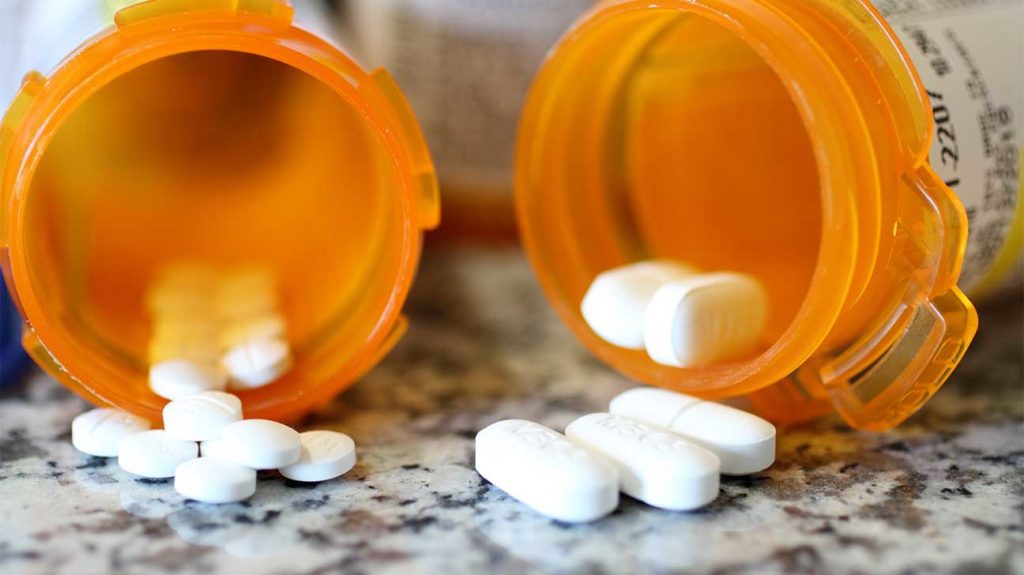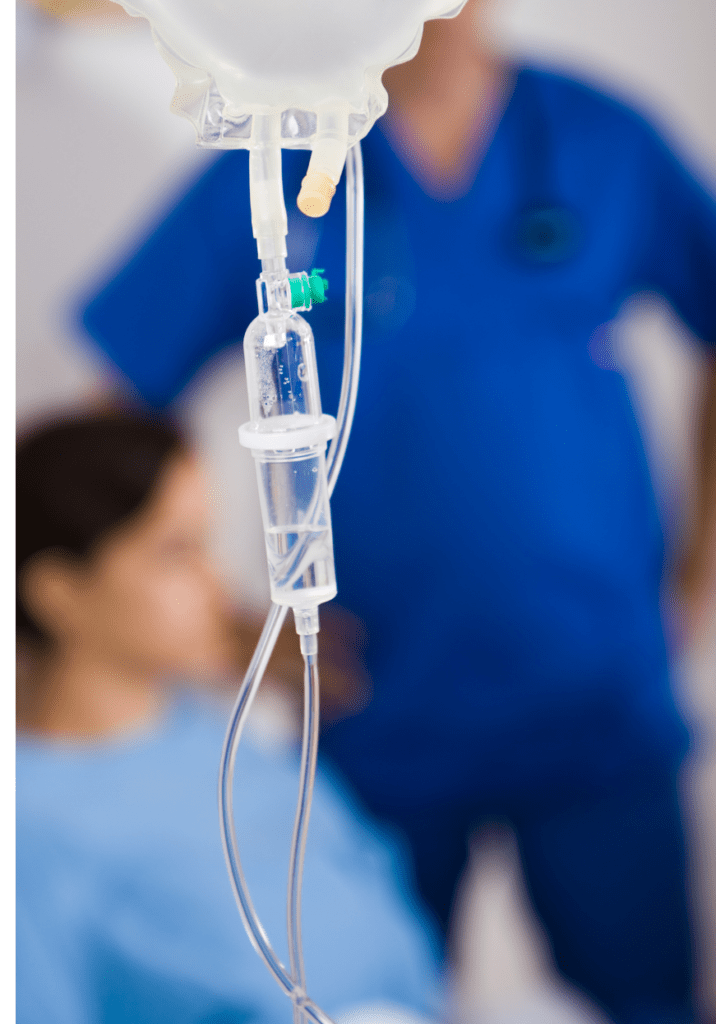If you are pregnant and using opioids, it is very important to get the situation under control with the help of a physician, as soon as possible. Otherwise, when your baby is born, he or she is likely to suffer with a condition known as Neonatal Abstinence Syndrome.
Have you ever gone through uncomfortable withdrawals, when you have run out of pills or heroin? This is what your baby is going to experience, hours after you give birth to them if you don’t get some guidance and medical assistance right away.
We at Asheville Detox would love to be the place where you turn to, to get your life going back in the right direction again. Let’s take a moment to talk about why it is so critical that you get help with your opioid addiction, as it relates to the health of your unborn child.


What Is Opioid Use Disorder?
A chronic, lifelong disorder, opioid use disorder involves a problematic pattern of opioid use that leads to problems or distress, that may lead to dependence in as little as 4 to 8 weeks. When the user attempts to stop using opioids, they begin to experience undesirable withdrawal symptoms.
These symptoms may include very intense cravings, anxiety, restlessness, nausea, and vomiting, cramps, diarrhea, chills, dilated pupils, and generalized pain. As these symptoms are so severe, the user continues using opioids in order to feel better again.
You may be curious about how an opioid addiction typically begins. According to Psychiatry.org, about 3 to 19 percent of people who take prescription pain medications become addicted to them. Furthermore, about 45% of people who use heroin started with an addiction to prescription opioids.
Many people who abuse opioids either use heroin, take pills, or do both. If they take pills, they may be stealing them from a friend or family member. It is also possible that they are making appointments with multiple doctors to get additional prescriptions, and filling prescriptions at different pharmacies so that no one will know how many pills they are getting each month.
Expected Birth Outcomes When You Use Opioids During Pregnancy
Continuing to abuse opioids when you are pregnant does have its consequences when it comes to your pregnancy. Infants exposed to opioids in utero may be more likely to:
- Be born prematurely (before 37 weeks of pregnancy)
- Show poor fetal growth
- Require a longer hospital stay after they are born
- Need to go back into the hospital within 30 days of their birth
- Be born with birth defects
About Neonatal Abstinence Syndrome
When an expectant mother uses opioids during pregnancy and gives birth, the child may then experience a set of conditions called Neonatal Abstinence Syndrome that arrive within 72 hours after being born. These undesirable symptoms are felt as a result of the baby feeling withdrawals from the opioids and other substances that they were exposed to before birth.
How serious the symptoms will be and which ones they will experience relies on a few different factors. It depends on the particular substance the baby was exposed to in utero, as well as when it occurred. It is also relevant if the baby was born premature or not, and if the mother drank, smoke,d or took other medications during her pregnancy. Signs that a baby is going through withdrawals, or Neonatal Abstinence Syndrome include:
- High-pitched crying and general irritability
- Trembling
- Problems sleeping
- Seizures
- Not feeding or sucking well
- Vomiting
- Dehydration and loose stools
- Sweating
- Hyperactive reflexes
- Sneezing, stuffy nose or yawning
When a child experiences opioid withdrawal symptoms during the first 28 days of their life, it is known as neonatal opioid withdrawal syndrome or NOWS. This condition is suffered due to long-term opioid exposure by the pregnant mother.
How Can Opioid Use During Pregnancy Be Treated?
If you use opioids and are pregnant or even thinking of becoming pregnant, the first step to take is to have an honest discussion with your physician. He or she will help you develop a treatment plan for easing you off of opioids with the help of prescription medication. Never try to quit opioids ‘cold turkey’ if you are pregnant. This is because it can cause you to give birth early, have fetal distress or miscarry your child.
Effective Treatment With Methadone and Buprenorphine
According to the National Institute on Drug Abuse, Methadone has been used since the 1970s to treat pregnant women with opioid use disorder. Since then, buprenorphine has been added as an effective medication as well. Today, the use of both to treat opioid use disorder during pregnancy is supported by The American College of Obstetricians and Gynecologists. Here are the mechanisms in which these two medications improve infant outcomes:
- Reduces the incidences of prenatal withdrawal by stabilizing fetal levels of opioids
- Allows the mother an improved opportunity for prenatal care
- Betters the long-term health results for both mother and child
- Connects mothers to treatment for infectious diseases and reduces the chance of her transmitting it to the unborn child
Compared to pregnant women who were left untreated with methadone or buprenorphine, women who received this medication experienced:
- A lowered risk of Neonatal Abstinence Syndrome
- Less severe Neonatal Abstinence Syndrome
- Shorter time that they needed to be treated
- Increased gestational age and weight when the child was born


Get Help Today at Asheville Detox
When it comes to the health of you and your baby, we at (Asheville Detox want to make sure that we have done all we can to keep you both as safe as possible. Neonatal Abstinence Syndrome can be minimized, through the help of medication-assisted treatments and supervised detoxification.
If you or someone you know is pregnant and struggling with an addiction to opioids, the time is now to take action. The life of a mother and an unborn child is at risk if left untreated. Take the first step by contacting Asheville Detox. Our team of friendly and nonjudgmental counselors are waiting to speak with you.







